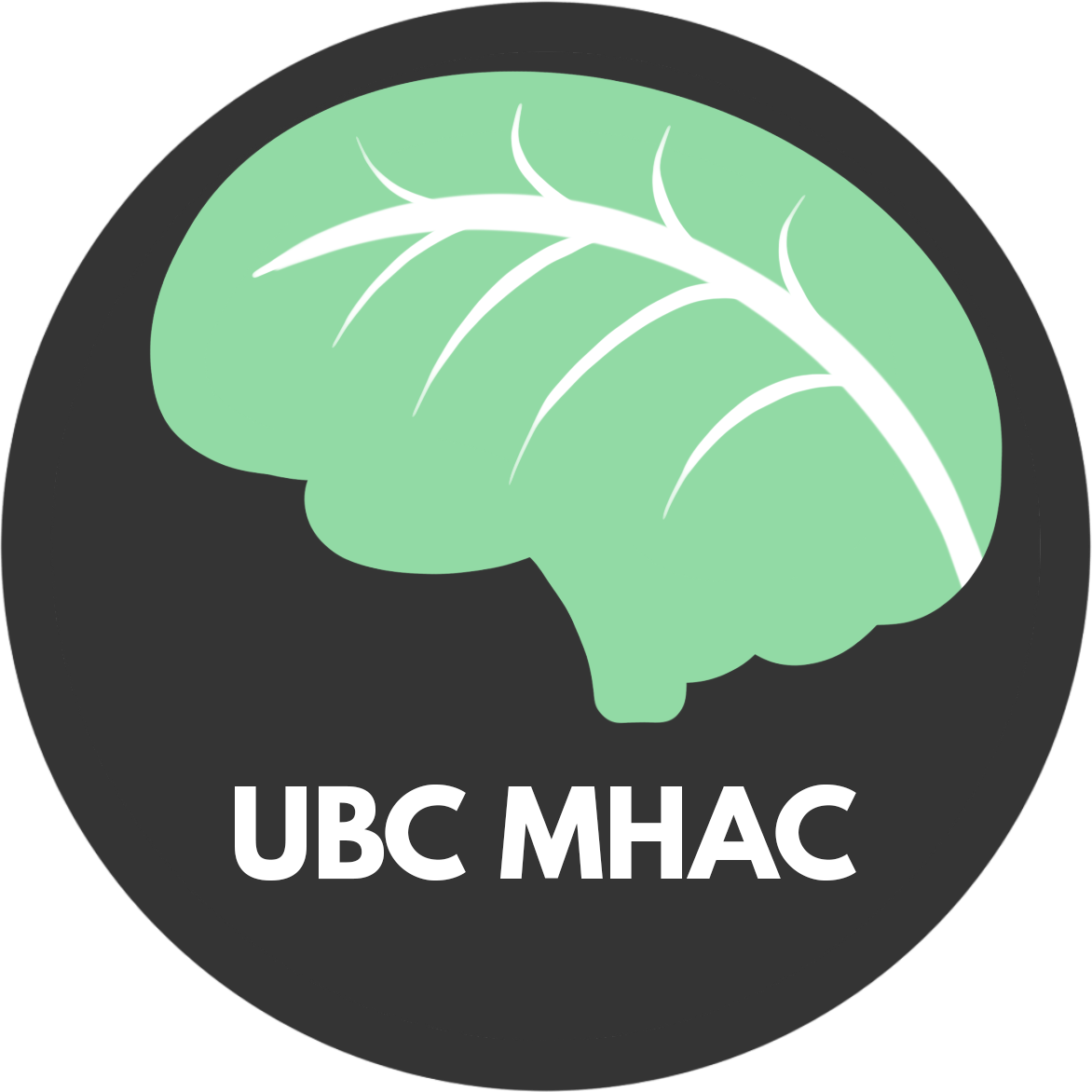You’ve likely either had your first midterm of the season already, or about to have one in the coming week. This can be an extremely stressful time for students, commonly filled with desperate cramming and countless cups of coffee. But did you know that stress actually changes the way you learn and which brain structures get activated?
Neuroscientists at Ruhr-Universität Bochum have discovered that our brains switches from conscious learning to unconscious learning when under stress. To measure learning, they used the “weather prediction task,” where participants were shown playing cards with different symbols and had to learn which combinations meant rain or sunshine. Before the test, a group of participants were subject to a stress-inducing experience – immersing their hands in ice water, termed the “cold-pressor test.”
MRI data indicated that the dorsal striatum was activated in the stressed participants, which manages unconscious learning; whereas the hippocampus, which is in charge of conscious learning, was activated in the rest of the participants.
Is conscious learning better than unconscious learning? The answer seems that they just differ in learning styles. Conscious learning applies strategy and logical planning, while unconscious learning relies on gut feeling or instinct. However, overuse of the dorsal striatal memory system can contribute to psychiatric disorders which as phobia, addiction, and posttraumatic stress disorder. In fact, dominant engagement of the dorsal striatal memory system over the hippocampal system may even be a factor in the development of PTSD.
Good luck on your midterms everyone! Don’t stress about it too much.
Sources:
http://www.sciencedaily.com/releases/2013/07/130730101740.htm
Schwabe, L., Haddad, L., Schachinger, H. (2008. HPA axis activation by a socially evaluated cold-pressor test. Psychoneuroendocrinology, 33(6), 890-895. Retrieved from http://www.ncbi.nlm.nih.gov/pubmed/18403130
Schwabe, L., Tegenthoff, M., Höffken, O., Wolf, O. (2013). Mineralocorticoid Receptor Blockade Prevents Stress-Induced Modulation of Multiple Memory Systems in the Human Brain. Biological Psychiatry. Retrieved from http://www.sciencedirect.com/science/article/pii/S0006322313005131#bbib29
